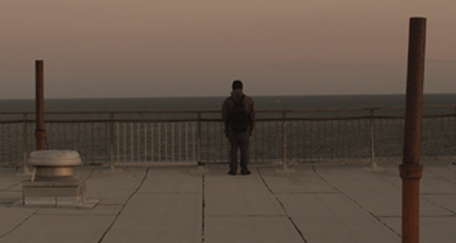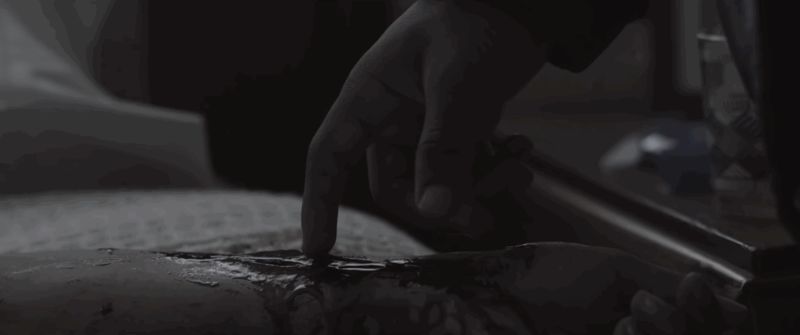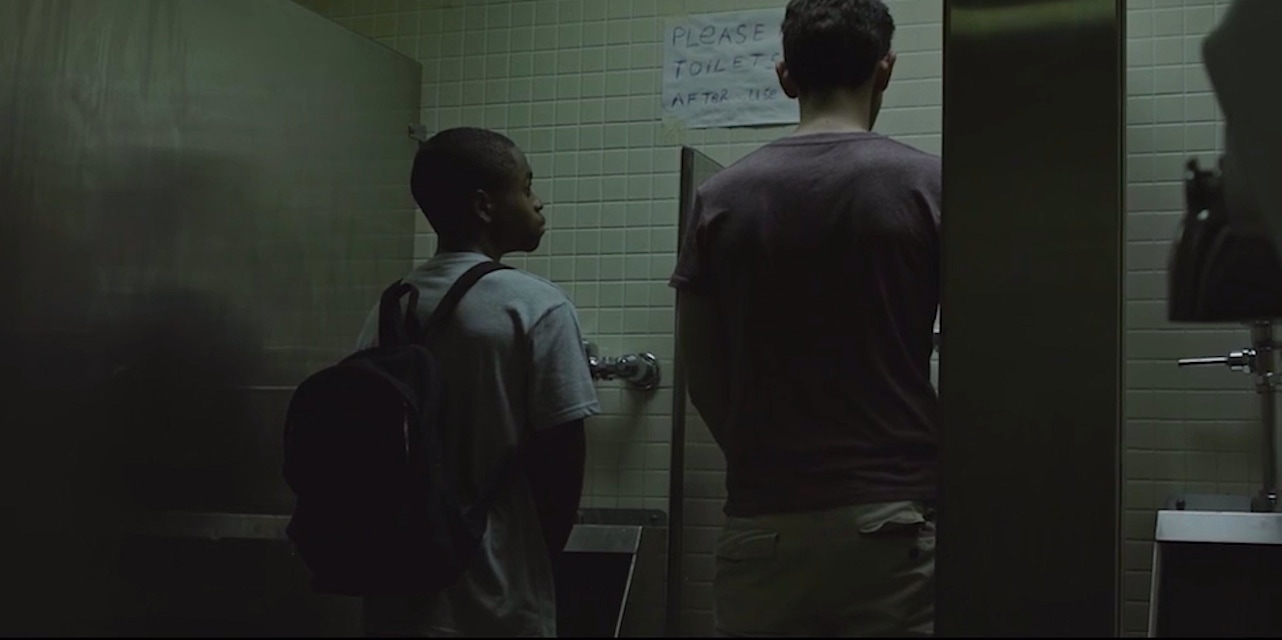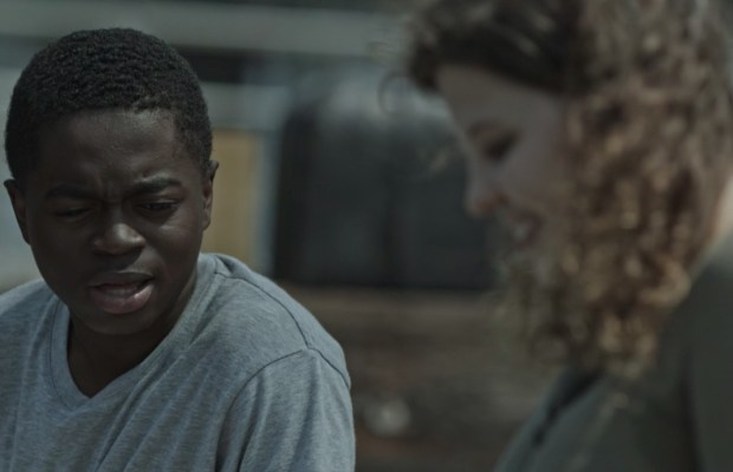 Michael O'Shea's The Transfiguration is a clever indie drama which juxtaposes vampire mythology with the coming of age story to deliver a dark yet compelling story of depression, darkness, and redemption. Introducing the viewer to Milo, a deeply troubled teenager, The Transfiguration identifies a character who lives a life of alienation, spending most of his time alone, fascinated by vampire lore and the overall stench of death. An outcast still suffering from the suicide of his father, and the death of his mother, Milo is a quiet character who has retreated into utter darkness, becoming to believe that he himself is a vampire. With no one but a neglecting brother, who himself seems to be suffering from type of past trauma, Milo finds himself alone with his own thoughts, slipping further into darkness, showing less and less morality when it comes to the significance of life, embracing death. When Milo meets the equally alienate Sophie, a young woman who has been sent to live with her abusive uncle after the death of her parents, the two form an unlikely bond, one that test's MIlo's increasingly dark behavior which begins to obstruct his understanding of what is reality and what is fantasy in his own life. The Transfiguration uses vampire mythology to deliver a dark and brooding study of personal anguish and depression, deconstructing how the harsh reality of one's environment can driven an individual to lose their own sense of morality, growing completely detached from the significance and beauty of life. Milo as a character is slowly reaching the point where human life is nearly meaningless, and the interjection of Sophie clashes with his dissent, provide limited solace and a sense of purpose to the deeply depressed and brooding darkness of a character whose alienation has turned him to perceived death itself as an ally. For much of the film's running time, The Transfiguration brilliantly never completely tips its hand as to whether Milo is indeed a vampire, blurring the lines at every turn, making it unclear if his past trauma has left him extremely scarred and mentally damaged, convinced of his taste for blood. When one is convinced Milo is indeed some type of vampire, the film subverts one's perceptions, reminding the viewer how much trauma this young boy has been through, witnessing the gruesome death of his own father. Milo's obsession of blood, his desire to taste it, provides this character with some twisted psychological connection to his father, and the fact that Milo routinely throws up after drinking someone's blood, hints that Milo's bloodlust may simply be a strange, twisted therapeutic device driven by his damaged psyche, having absolutely no connection to the mystical vampirism established in literature and movies. While The Transfiguration is a clever deconstruction of depression, trauma, and alienation, the film suffers a tad towards the end, feeling the need to didactically explain Milo's actions towards the end of the film, spelling out how he sacrificed himself for the good of Sophie, the only person who seems capable of triggering Milo's sense of humanity and empathy. This didactic voice-over is so frustrating because of everything that came before it was the complete opposite, as Michael O'Shea had delivered an elusive, brooding film about alienation, depression, and darkness, which didn't need to be explained in its closing minutes. Unapologetically dark, Michael O'Shea' The Transfiguration is a unique deconstruction of the affect mental trauma and alienation can have on the psyche of a young person, using vampire mythology to great effect
0 Comments
Leave a Reply. |
AuthorLove of all things cinema brought me here. Archives
June 2023
|



 RSS Feed
RSS Feed
